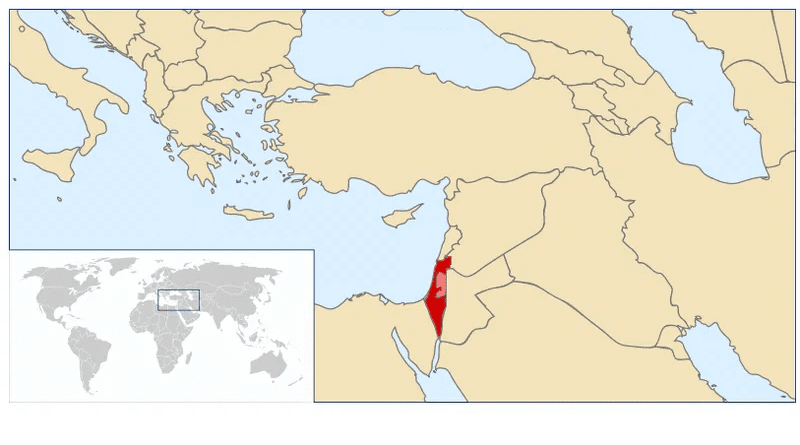No Limits For Israel? – OpEd
Israel’s actions as being perceived as uncontrollable, particularly evident in the recent bombing incidents in Gaza and Damascus. The United States’ unwavering support for Israel despite their rogue behavior is seen as detrimental to both the US and international politics. The motives behind Israel’s actions are unclear, with speculation ranging from desperation to involving the US in a war with Iran.
However, the deployment of significant military resources by the Biden Administration at the onset of the Israel-Gaza conflict aimed to safeguard Israel from potential escalation. Although, this included deploying two aircraft carriers to signal deterrence and readiness to defend Israel in case of a war involving Hezbollah or Iran. This decision underscores the US commitment to actively support and protect Israel in the region.
Moreover, the ongoing issue of bombings targeting Iranian assets in Iraq and Syria by Israel and the US, which could lead to retaliation from Iran. These attacks go beyond targeting foreign troops and can be seen as attacks on Iranian soil itself from an international law perspective. Though, it is crucial to consider the potential retaliatory measures Iran might take and the implications for the United States and its interests in the region.
How be it, Iran has shown reluctance towards engaging in a war with the US, emphasizing peace and communication to avoid conflict. The deployment of military assets by the US in the Mediterranean aimed to prevent hostilities and maintain peace in the region, with some consideration for Israel’s security. Furthermore, Israel, historically favoring a confrontational approach, may have had intentions of provoking a conflict with Iran and Hezbollah, viewing military action as a means to achieve objectives. However, such tactics may have limited success and could lead to further instability in the region.
On the other hand, the perspective in Israel that a larger conflict could provide an opportunity for ethnic cleansing in Gaza and the West Bank, with the goal of removing Palestinians from these areas. Naftali Bennett, a former Israeli Prime Minister, was once seen as an extremist but his views are now more accepted in mainstream Israeli politics. Although, the objective of actions in Gaza is not just to eliminate Hamas but to showcase Israel’s power and willingness to act without constraints, aiming to deter future threats by demonstrating readiness to take extreme measures.
Furthermore, recent events suggest that Israeli motives may be linked to escalating the conflict and involving the US, among other reasons. The “Iron Wall” strategy, rooted in Zionist thinking, involves subduing Palestinians through force until they surrender. Despite decades of this approach, recent events show that Palestinians still seek self-determination, which cannot be suppressed through force. While, the Iron Wall mentality may have been present in Gaza, the ultimate objective appeared to be ethnic cleansing, which Israeli authorities may have failed to achieve, leading to disappointment. In complex situations involving multiple factions, such as the United States, pinpointing a singular reason for actions like the invasion of Iraq can be challenging.
The alteration in Israeli perception regarding how they are viewed in the West. Previously, Israel aimed to maintain a positive public image in Western countries by portraying themselves as a humane and victimized country desiring peace. However, recent actions by Israel, such as the killing of aid workers, suggest a decreased concern for Western perception.
This raises questions about a significant shift in Israeli perception or a change in priorities regarding Western views.
Moreover, prior to October 7th, Israel’s treatment of Palestinians in Gaza involved managing the area as an open-air prison, conducting military operations periodically to assert control. Netanyahu’s collaboration with Hamas, who opposed a two-state solution, aimed to prevent progress towards peace from the Palestinian side. However, following events on October 7th, the situation escalated, revealing a lack of a viable solution. Despite facing challenges and criticism, Israel continues to escalate without effectively addressing underlying issues, similar to the situation in Ukraine with conflicting definitions of victory between the West and Russia.
In conclusion, the complex and volatile situation in the Middle East, with Israel’s actions perceived as uncontrollable and potentially detrimental to both the US and international politics. The US’s unwavering support for Israel, despite their rogue behavior, is seen as a significant factor in the escalating conflict. The potential retaliation from Iran and the implications for the United States and its interests in the region.

